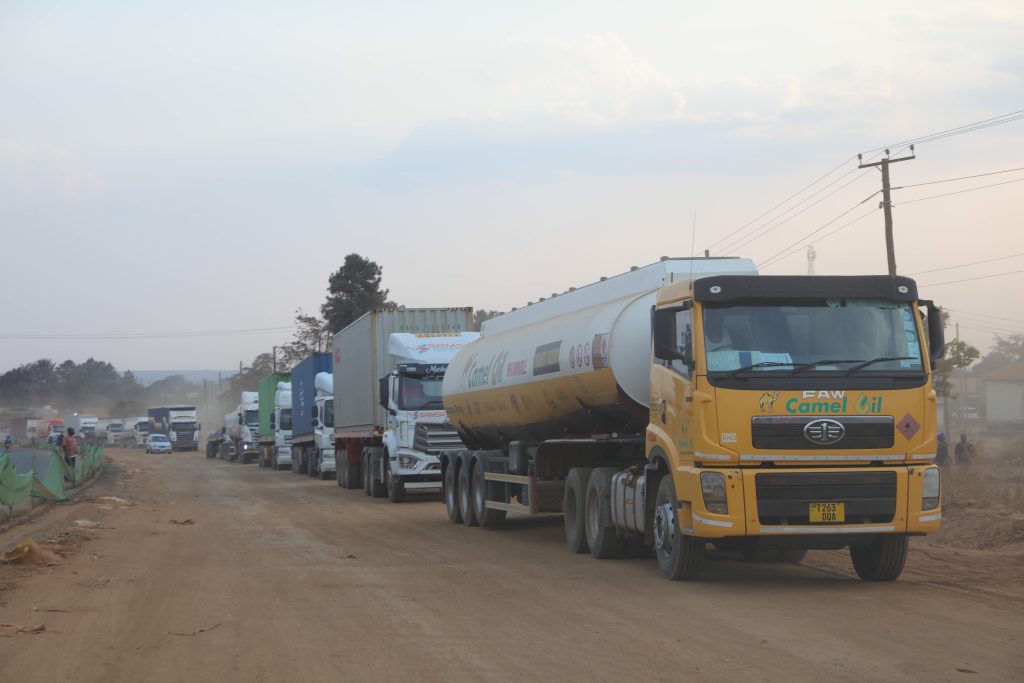
Eight COMESA countries are expected to face significant trade challenges due to new reciprocal tariffs imposed by the United States government. According to a policy brief by COMESA’s Division of Trade and Customs, the tariffs could lead to substantial reductions in trade volumes for affected countries in 2025, despite the U.S. not being a primary trading partner for the region.
The countries projected to endure the heaviest impacts include the Democratic Republic of Congo (11% US Tariff), Libya (31%), Madagascar (47%), Malawi (17%), Mauritius (40%), Tunisia (28%), Zambia (17%), and Zimbabwe (18%). The tariffs are expected to cause supply and demand shocks across these states, raising production costs and consumer prices in the U.S. and leading to a contraction in economic demand for exports from the COMESA region.
Key commodities such as Kenyan textiles and Zambian copper may see inflated costs in U.S. markets, while imports from the U.S. will also become pricier. Trade data from 2019 to 2023 shows that COMESA’s share of exports to the U.S. was 3-4%, and imports were at 4-5%.
Dr. Christopher Onyango, the Director of Trade and Customs, pointed out that the new tariffs undermine the African Growth and Opportunity Act (AGOA), established in 2000 to provide zero-tariff access to many African products. This raises fears of production cuts and job losses in African nations participating in AGOA, which currently includes 35 qualifying countries, 10 of which are COMESA members.
There are also rising concerns about retaliatory trade measures from major partners like China and the European Union, which could worsen the situation for COMESA countries, as they account for 24-40% of COMESA’s exports and 9-13% of imports.
The policy brief recommends adopting a variable cooperative game strategy, urging open negotiations and binding agreements with other global partners like the EU, China, and India to mitigate trade disruptions. The African Union Commission is encouraged to engage with the U.S. on the implications of these tariff policies, while also calling for stronger intra-African trade through regional economic integration and infrastructure investments.
The COMESA Secretariat is committed to advocating member states’ interests, aiming to bolster economic resilience and support sustainable industrial development across the region amidst these emerging trade challenges.

